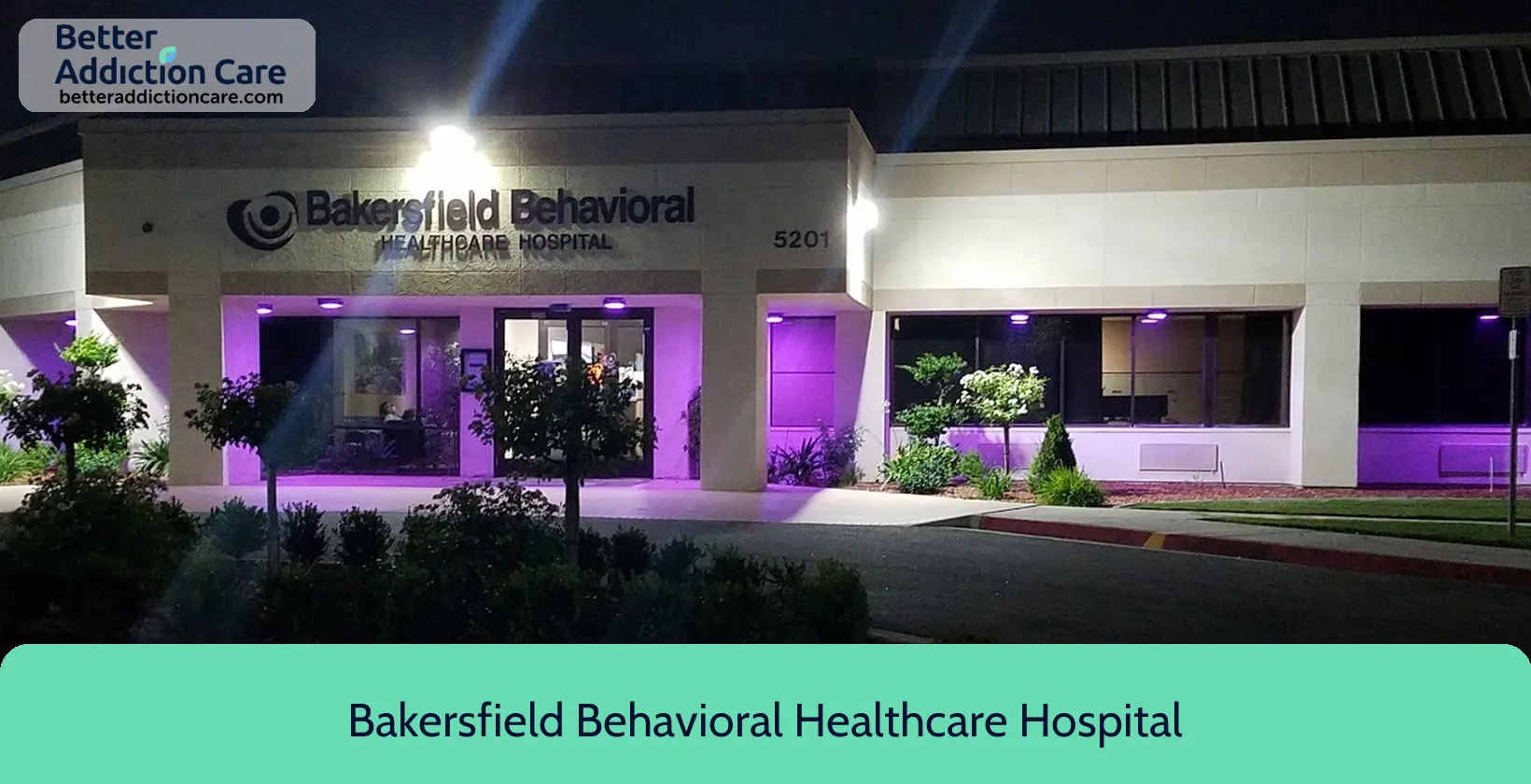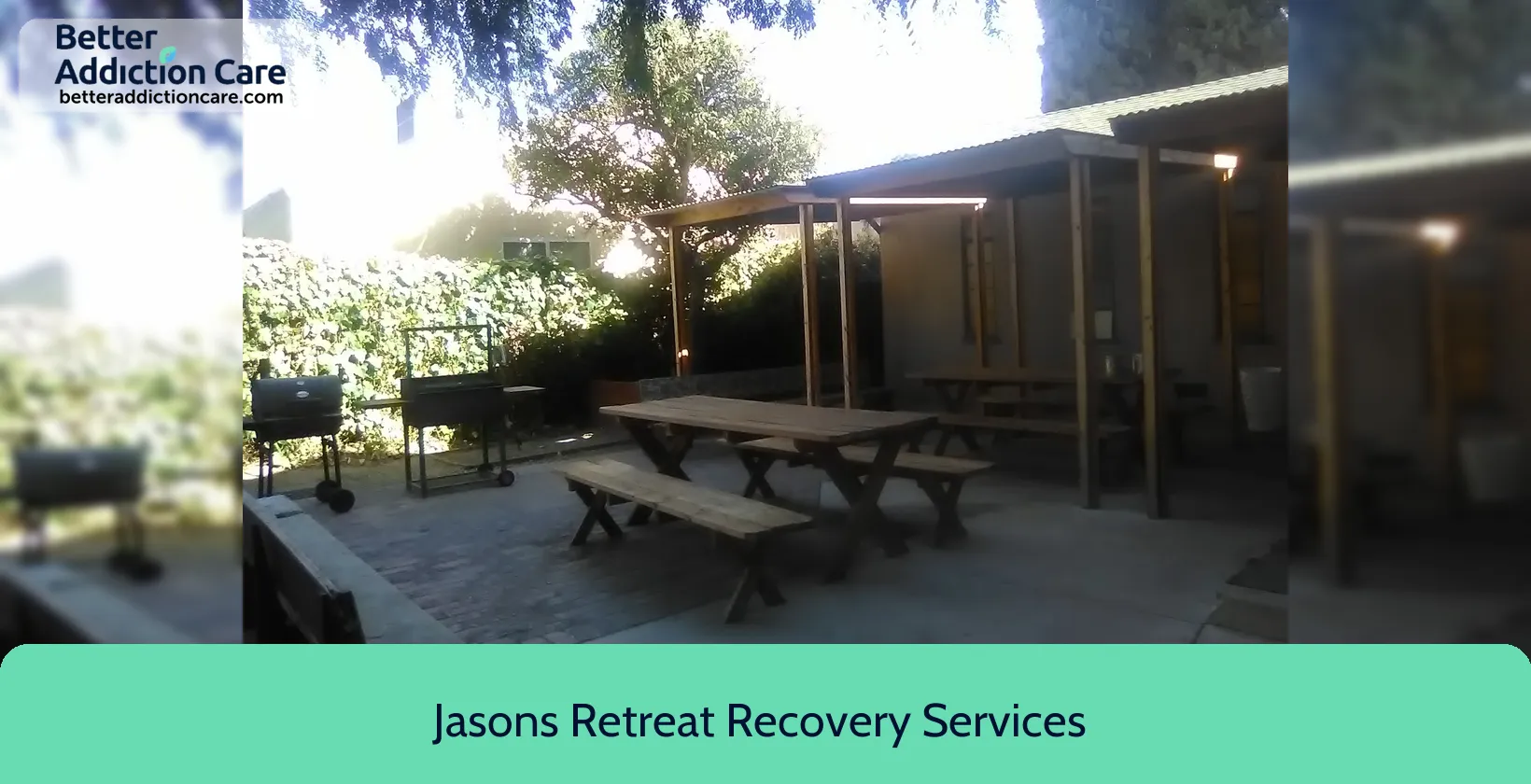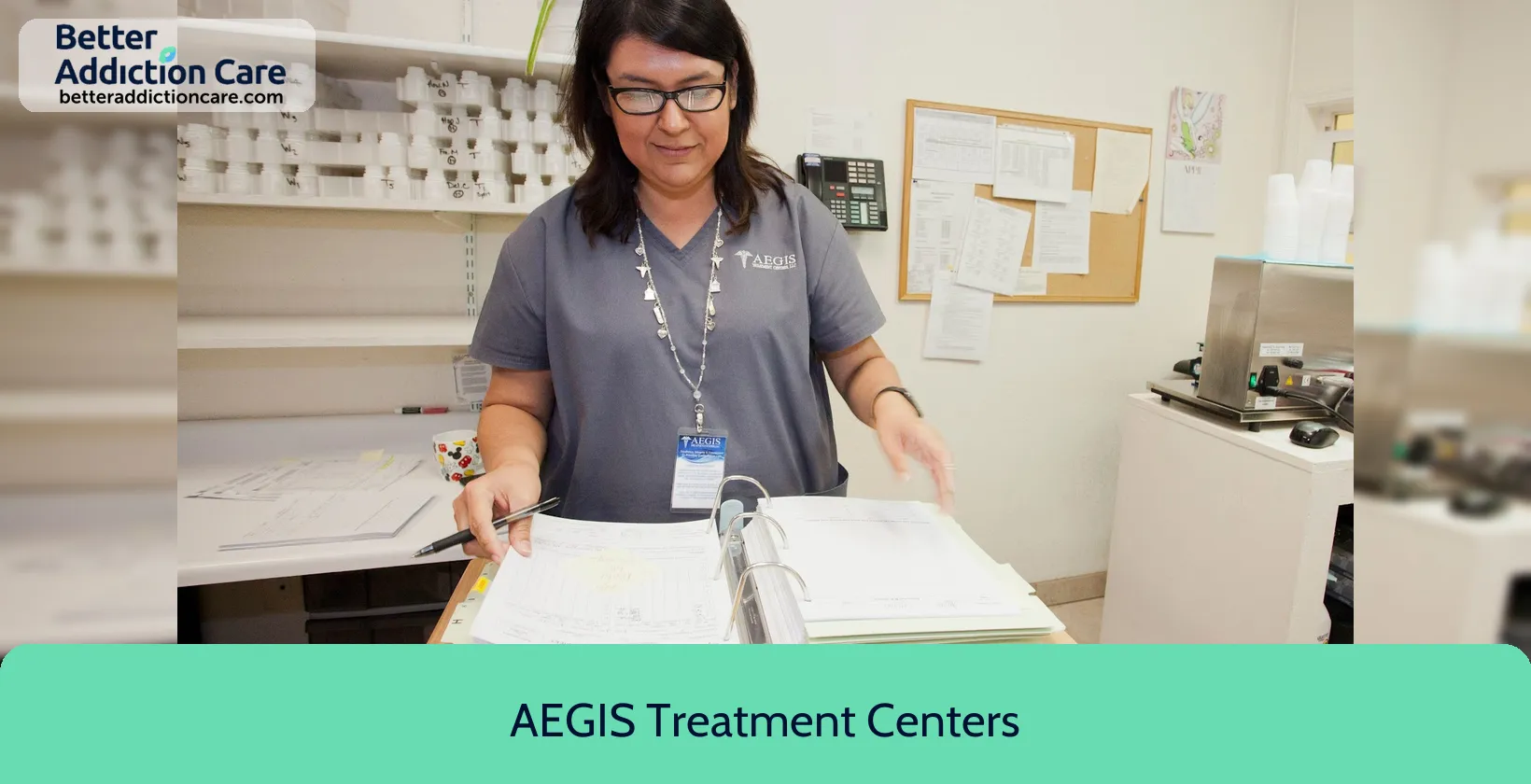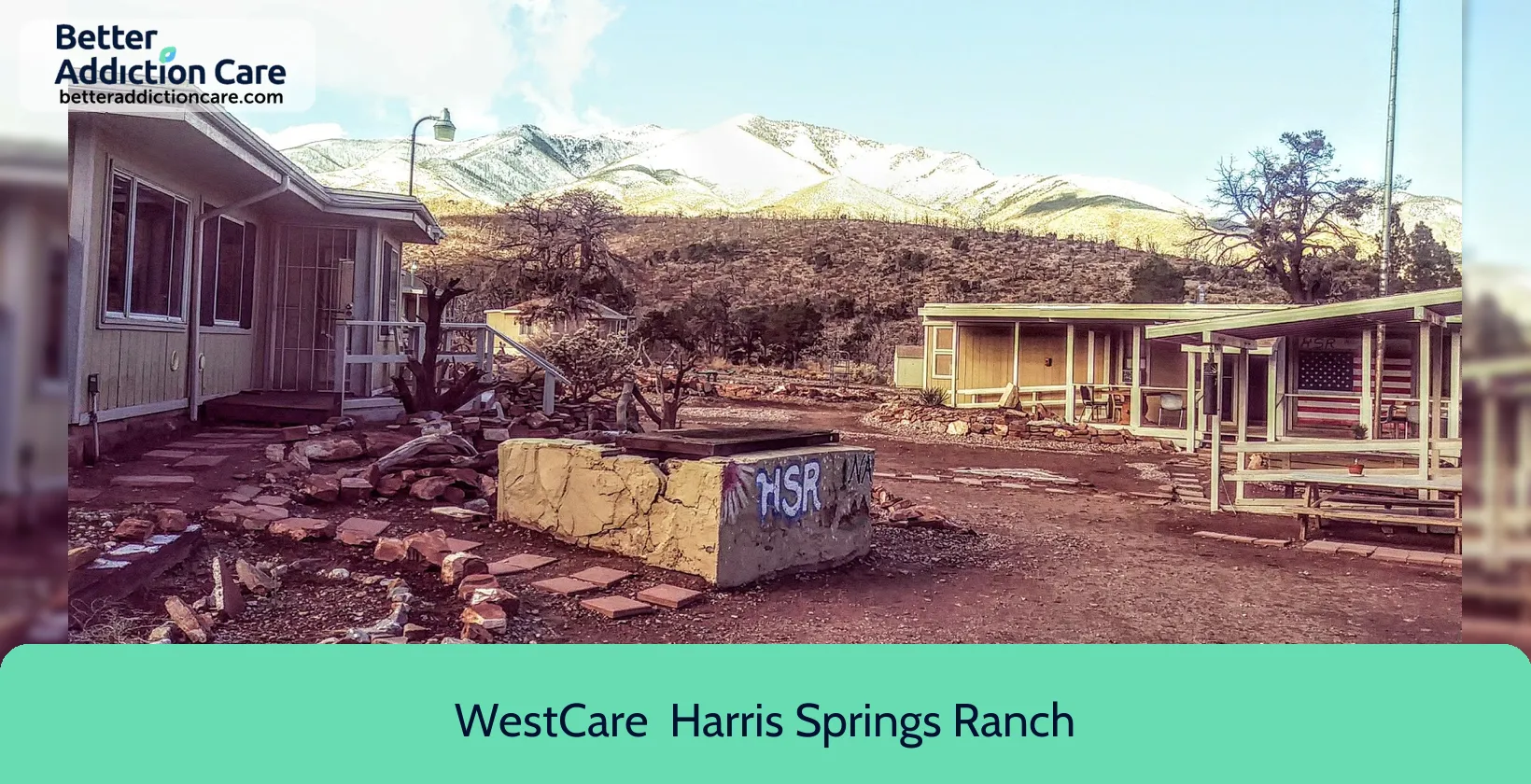WestCare - Bakersfield - H Street Campus

Overview
WestCare, with various locations nationwide, operates a comprehensive facility in Bakersfield, California, offering a broad spectrum of services designed to address diverse needs within the community. Among its many programs, WestCare provides specialized detox services for men, ensuring safe and monitored withdrawal processes. The facility also offers outpatient and intensive outpatient services for both adults and youth, focusing on substance use disorder treatment and mental health care. For adults in need of outpatient mental health services, individualized care plans are developed to address specific therapeutic needs.
WestCare Bakersfield is also equipped to handle emergency situations, offering crisis support services and a mobile response team that can intervene in urgent cases. The facility extends its support to vulnerable populations through permanent supportive housing, including specialized housing for individuals living with HIV/AIDS. In addition, the center provides life skills education and homeless prevention services, aiming to empower individuals and families to achieve stability and self-sufficiency.
Veterans are a priority at WestCare Bakersfield, with dedicated services tailored to meet their unique needs, ensuring that those who have served the country receive the care and support they deserve. Through its multifaceted programs, WestCare Bakersfield demonstrates a strong commitment to enhancing the well-being of the community it serves.
WestCare - Bakersfield - H Street Campus at a Glance
Payment Options
- Cash or self-payment
- Sliding fee scale (fee is based on income and other factors)
- State-financed health insurance plan other than Medicaid
- Medicaid
- Federal military insurance (e.g., TRICARE)
Assessments
- Comprehensive mental health assessment
- Comprehensive substance use assessment
Age Groups
- Adults
- Young adults
Operation
- Treatment duration
- Private non-profit organization
Highlights About WestCare - Bakersfield - H Street Campus
6.91/10
With an overall rating of 6.91/10, this facility has following balanced range of services. Alcohol Rehabilitation: 8.00/10, Drug Rehab and Detox: 6.00/10, Insurance and Payments: 6.67/10, Treatment Options: 6.97/10.-
Alcohol Rehabilitation 8.00
-
Treatment Options 6.97
-
Insurance and Payments 6.67
-
Drug Rehab and Detox 6.00
Treatment At WestCare - Bakersfield - H Street Campus
Treatment Conditions
- Mental health treatment
- Alcoholism
- Opioid Addiction
- Substance use treatment
- Co-occurring Disorders
Care Levels
- Detoxification
- Aftercare
- Outpatient
- Hospital inpatient treatment
Treatment Modalities
- 12-step facilitation
- Individual psychotherapy
- Group counseling
- Family counseling
- Life Skills

Additional Locations
Get Help Now
Common Questions About WestCare - Bakersfield - H Street Campus
Contact Information
Other Facilities in Bakersfield

6.77

6.74

6.53

6.56

6.62

6.65

7.06

7.18
DISCLAIMER: The facility name, logo and brand are the property and registered trademarks of Synergy Recovery Services, and are being used for identification and informational purposes only. Use of these names, logos and brands shall not imply endorsement. BetterAddictionCare.com is not affiliated with or sponsored by Synergy Recovery Services.

